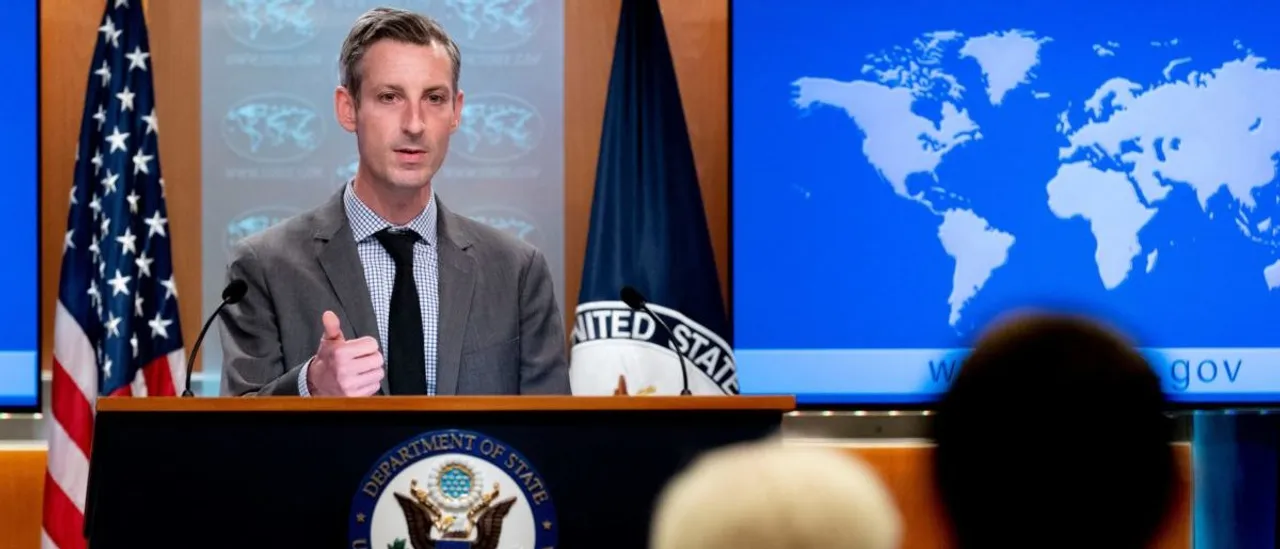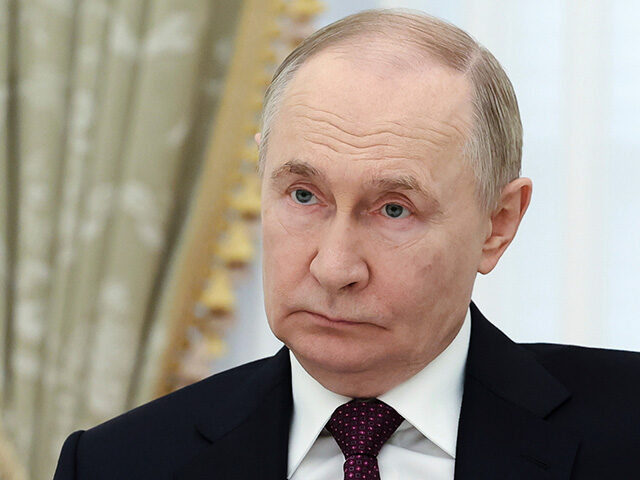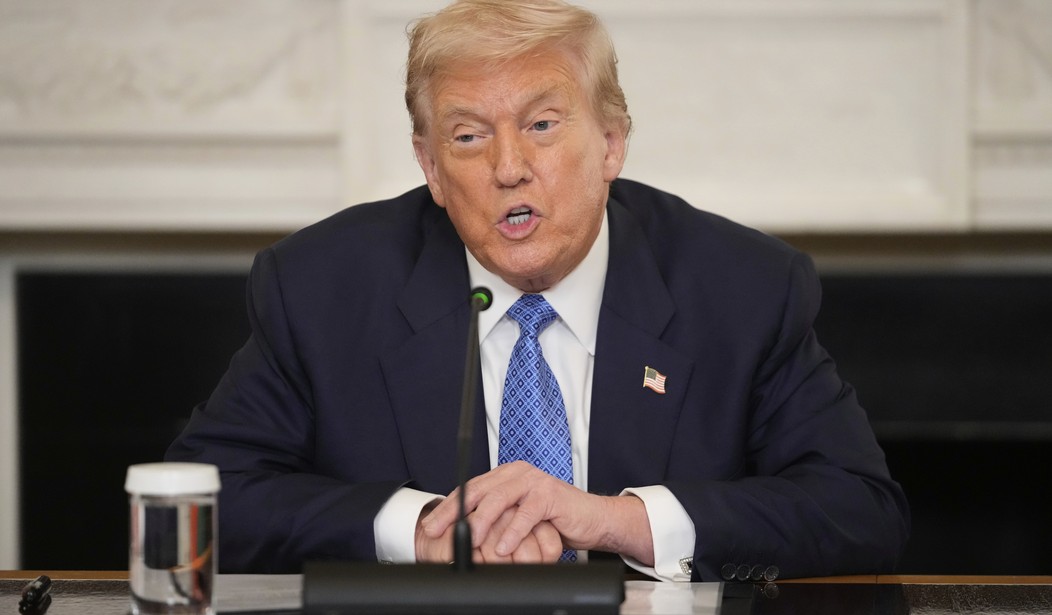In a surprising twist, a former top Biden administration official, Ned Price, has softened his stance on President Trump’s foreign policy, praising his approach as effective and worthy of study for future administrations. Price, who served in multiple roles within the Biden administration, has long been a vocal critic of Trump’s foreign policy decisions. He even resigned from the CIA at the beginning of Trump’s term, citing his concerns over the president’s “disregard” for intelligence and national security.
However, in a recent op-ed for The Washington Post, Price admits that Trump’s tactics, while often seen as incoherent or “feckless,” have brought tangible results in several areas, particularly in the Middle East. He acknowledges that Trump’s ability to leverage U.S. power effectively—without bowing to domestic political pressures—has delivered significant foreign policy wins, including the ceasefire agreement in Gaza that resulted in hostages being released and hostilities coming to a halt.
Price credits Trump’s “unapologetic strength” in negotiations, using threats, incentives, and strategic alliances to secure outcomes that previous administrations, including those of Barack Obama and Joe Biden, failed to achieve. Price even goes as far as to suggest that the caution and appeasement displayed by past administrations often undermined their ability to deliver meaningful breakthroughs. Trump, in contrast, he argues, understood diplomacy as engaging with the world as it is, not as we’d like it to be, and was willing to negotiate with adversaries—not just friends.
He praises Trump’s handling of Iran’s nuclear program, particularly his use of targeted airstrikes and economic sanctions to disrupt Iran’s advancements, a stark contrast to the more restrained approaches of his predecessors. According to Price, Trump’s “shock and awe” method, though controversial, brought short-term gains in regional stability, something that previous administrations failed to achieve.
In what might be a subtle critique of the Biden administration’s own diplomatic style, Price acknowledges that while his team managed conversations more discreetly, there’s value in Trump’s transparency in signaling that the U.S. is willing to engage with anyone to resolve differences. His openness to negotiation, even with enemies, has set him apart from those who prefer to keep diplomatic talks shrouded in secrecy.
While Price still maintains his critique of Trump’s methods, particularly his reliance on instincts rather than conventional D.C. doctrine, his acknowledgment of Trump’s foreign policy successes is significant. Price’s shift in tone is a tacit admission that, despite his unorthodox approach, Trump’s foreign policy moves were effective—and perhaps, just perhaps, there’s something the establishment could learn from them.
For the D.C. crowd still in the Never Trump camp, this is a remarkable development. Price is essentially packaging Trump’s foreign policy as a case study in maneuvering through bureaucratic gridlock and prioritizing results over optics. While some may still find it hard to swallow, Price’s praise carries weight, and his recognition of Trump’s successes is a reminder that in politics, even the harshest critics can occasionally find merit in their adversary’s tactics.



